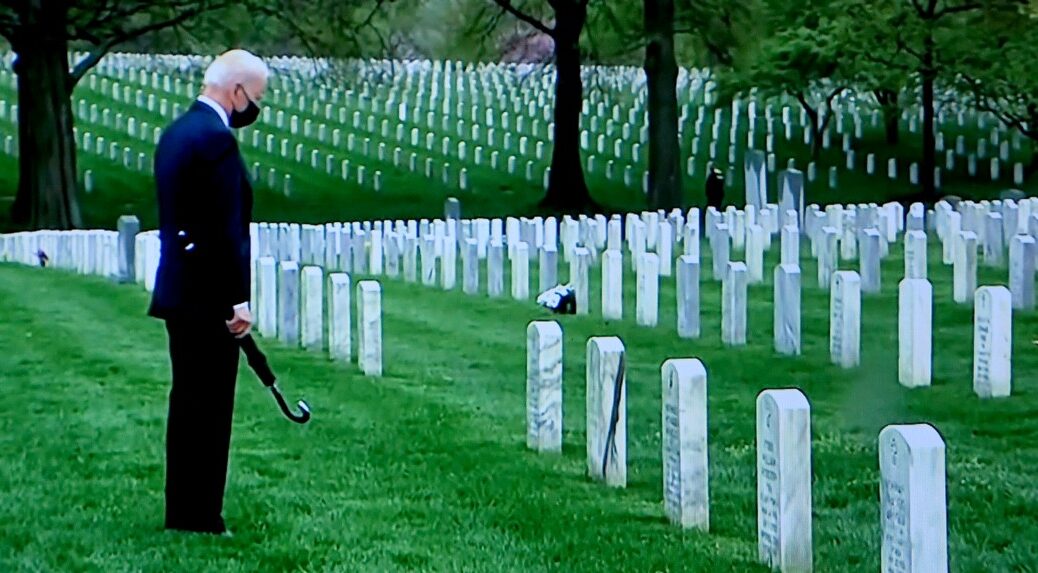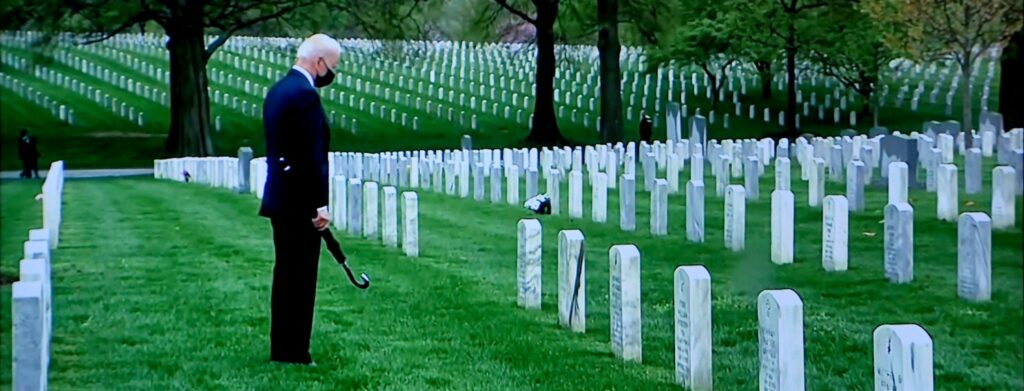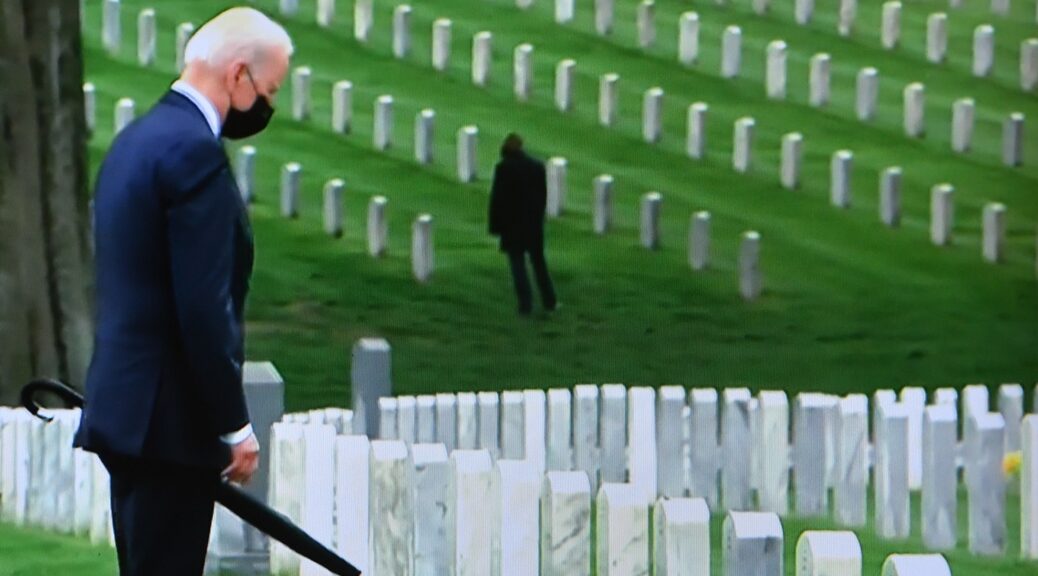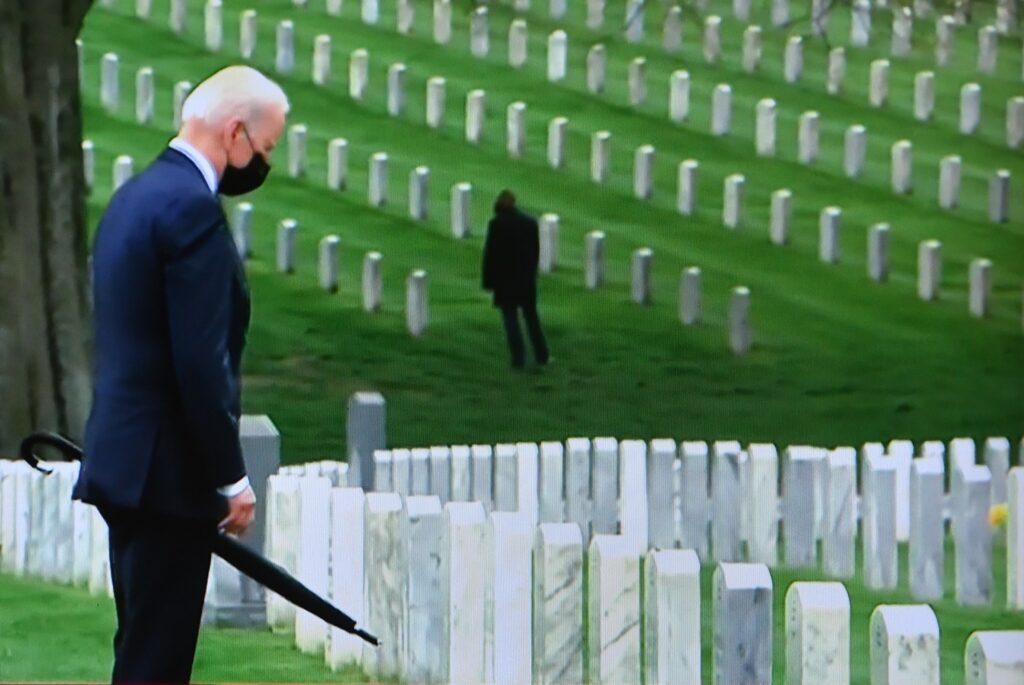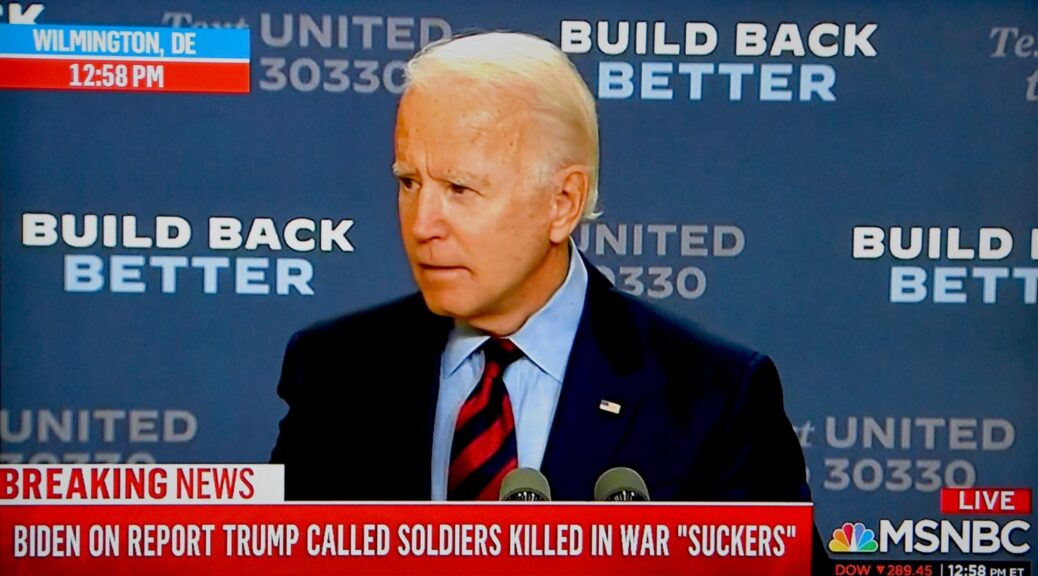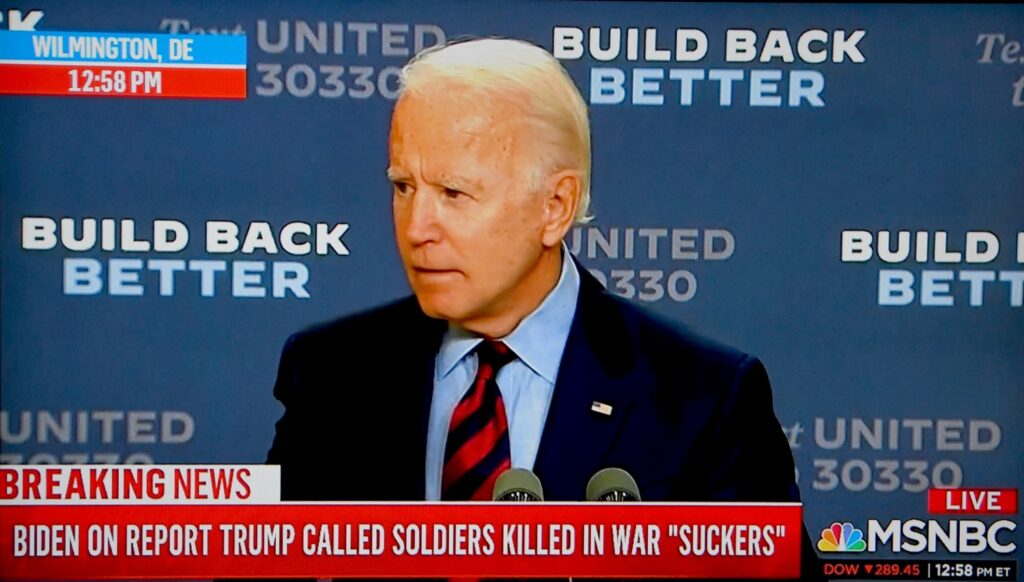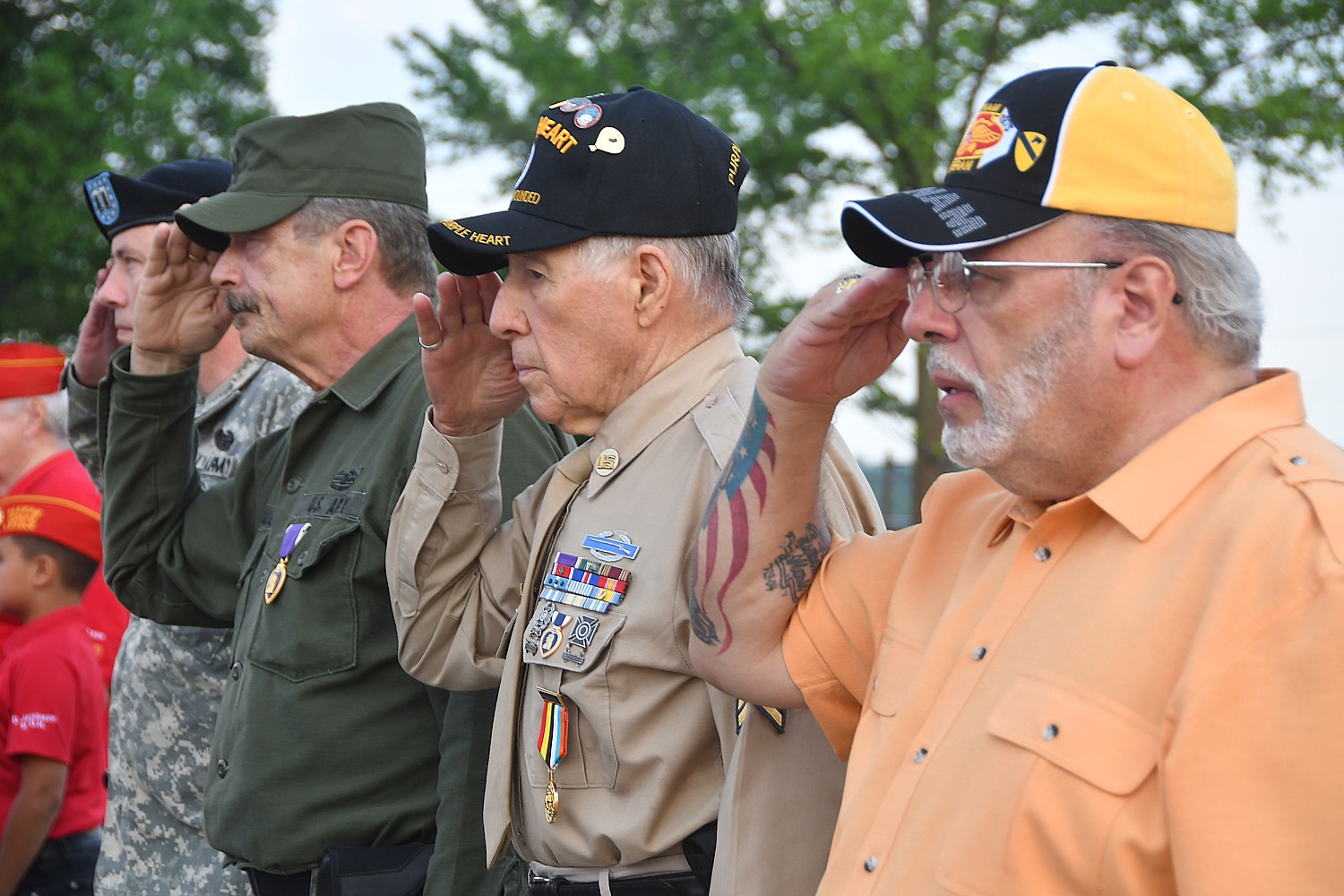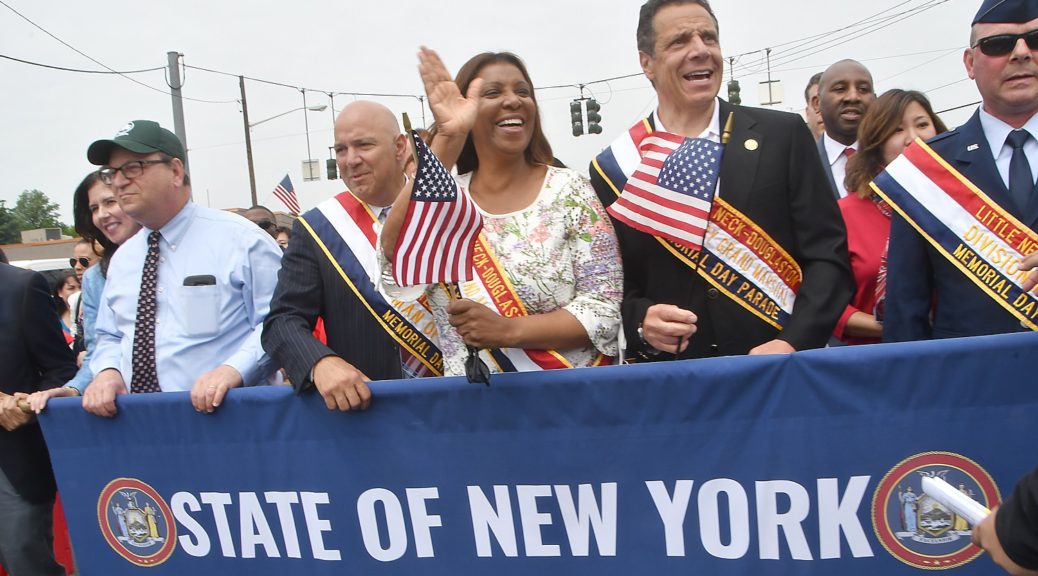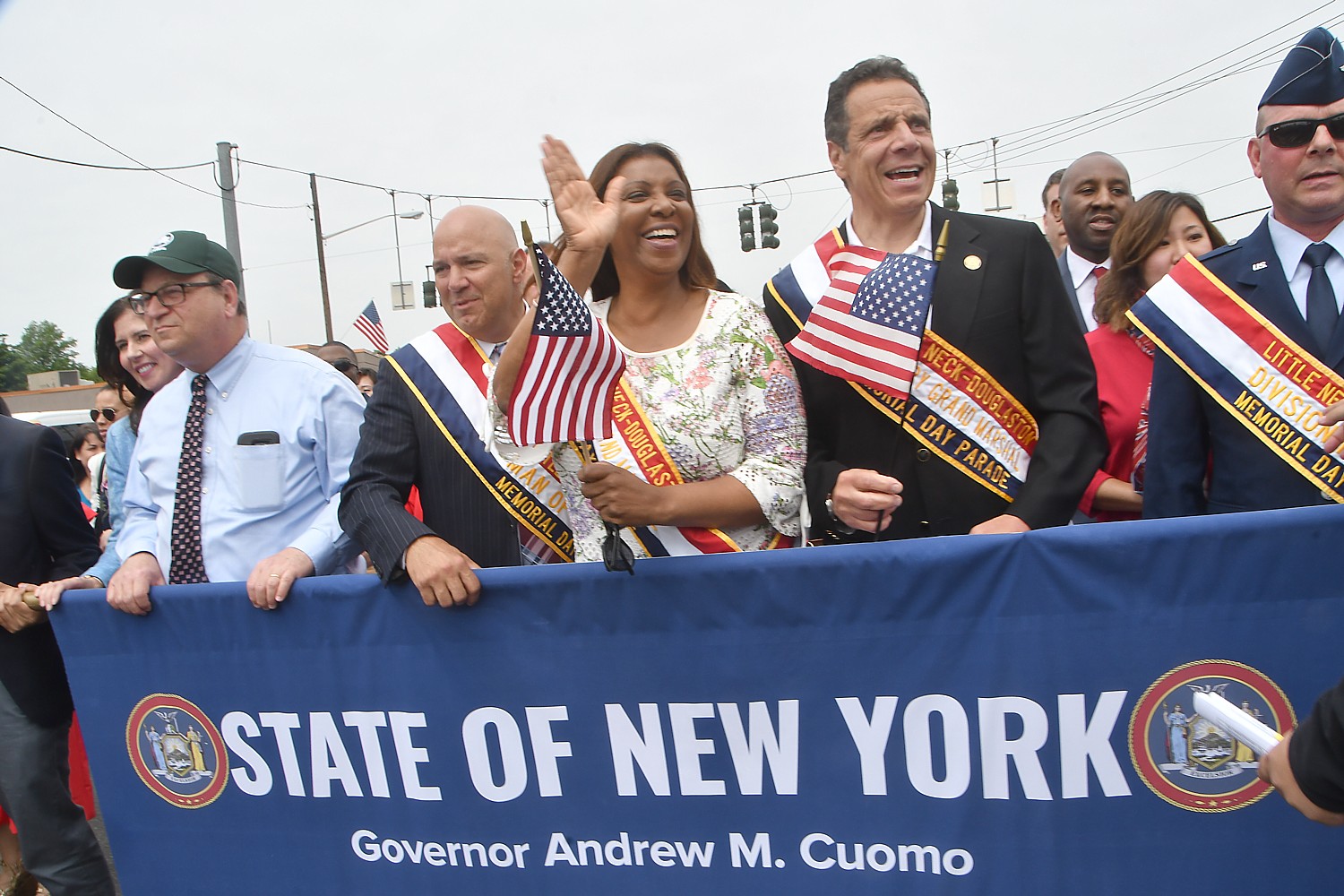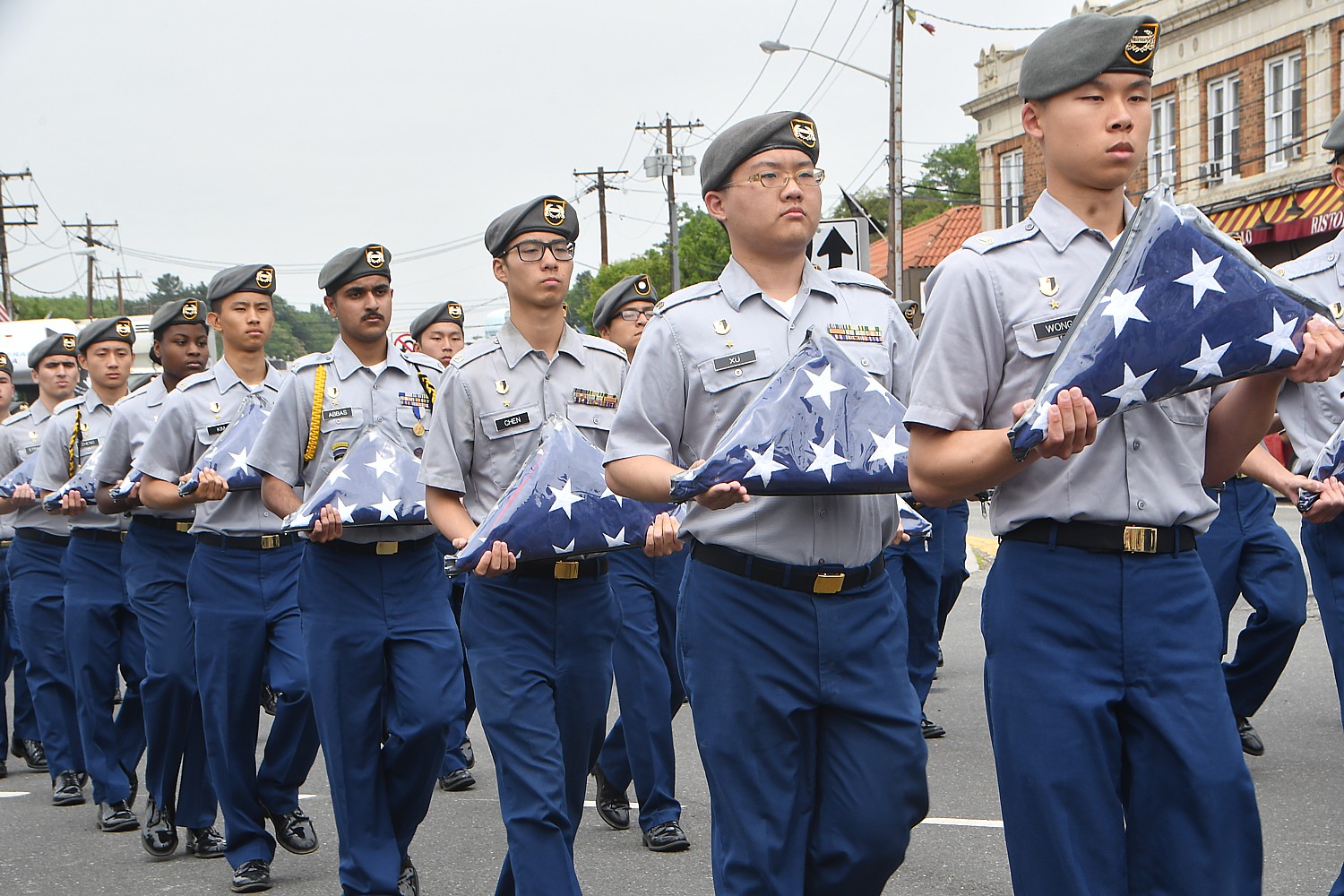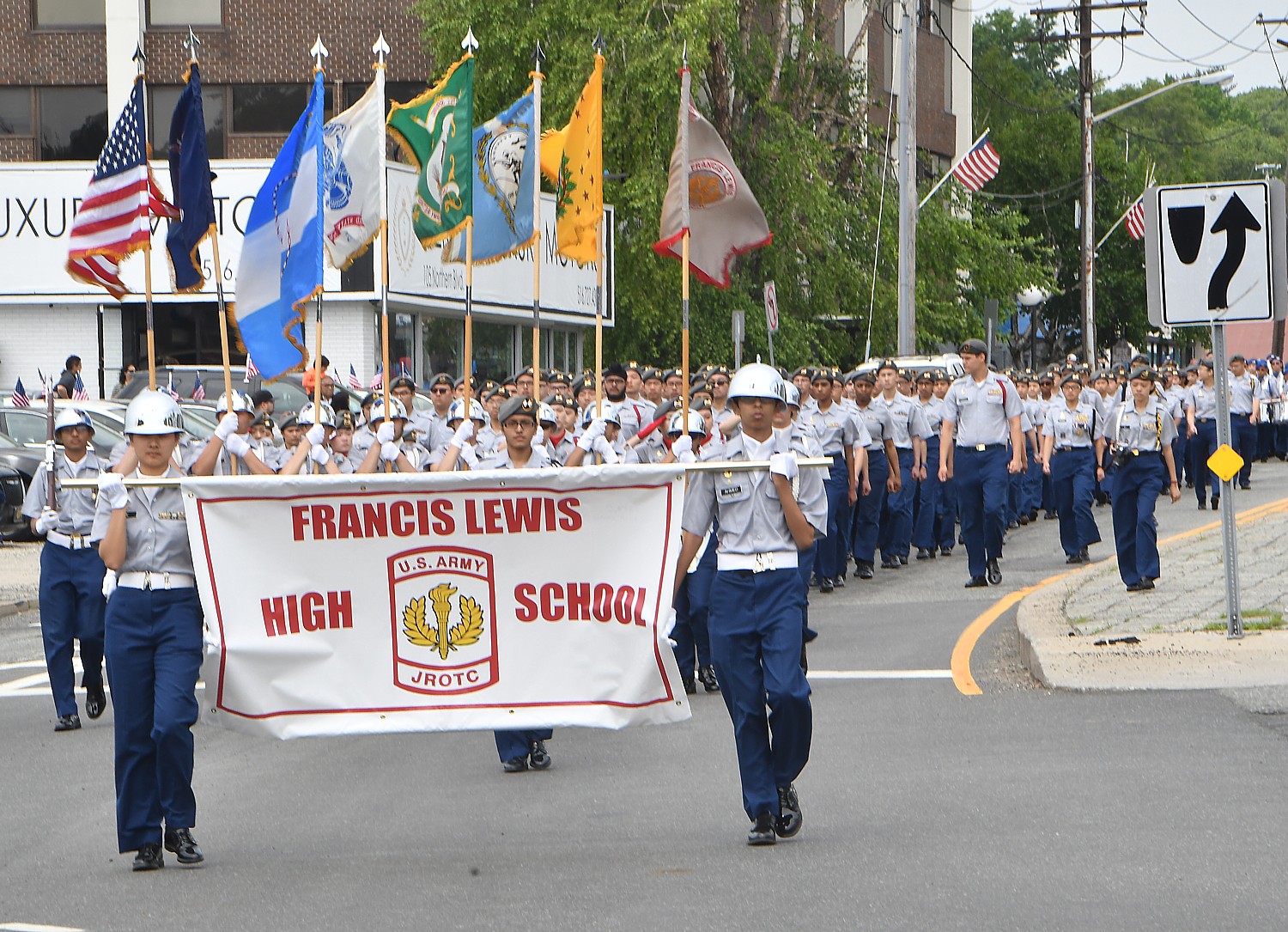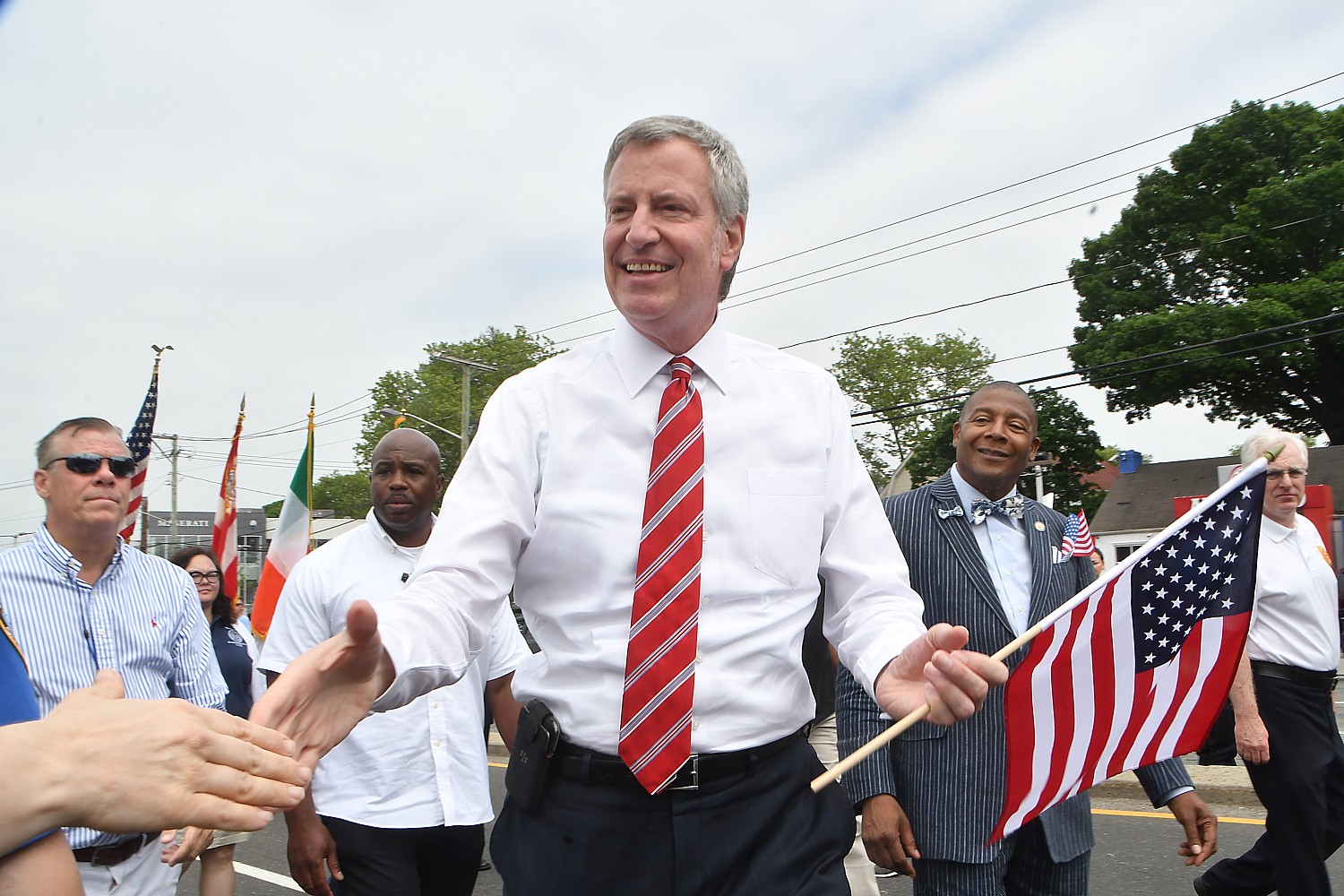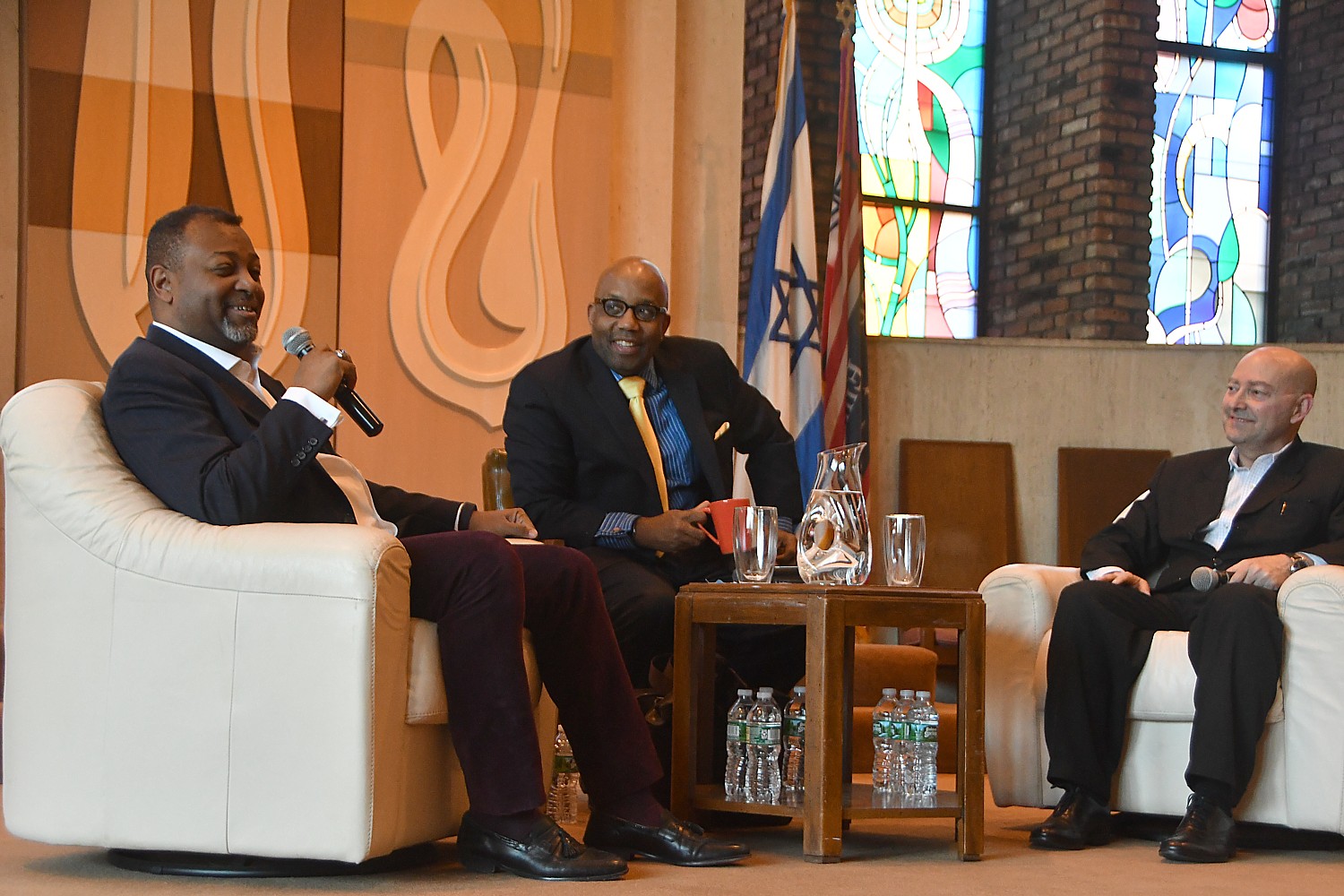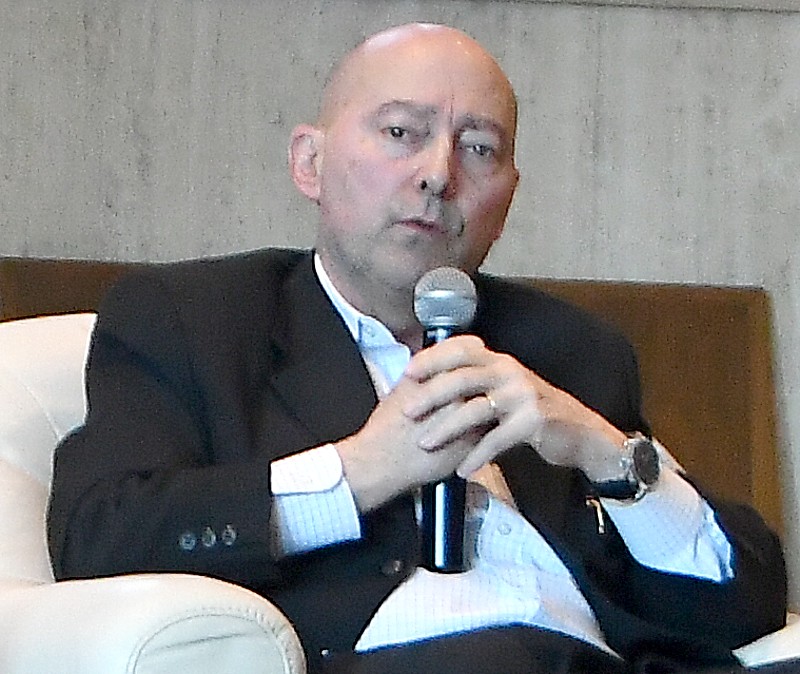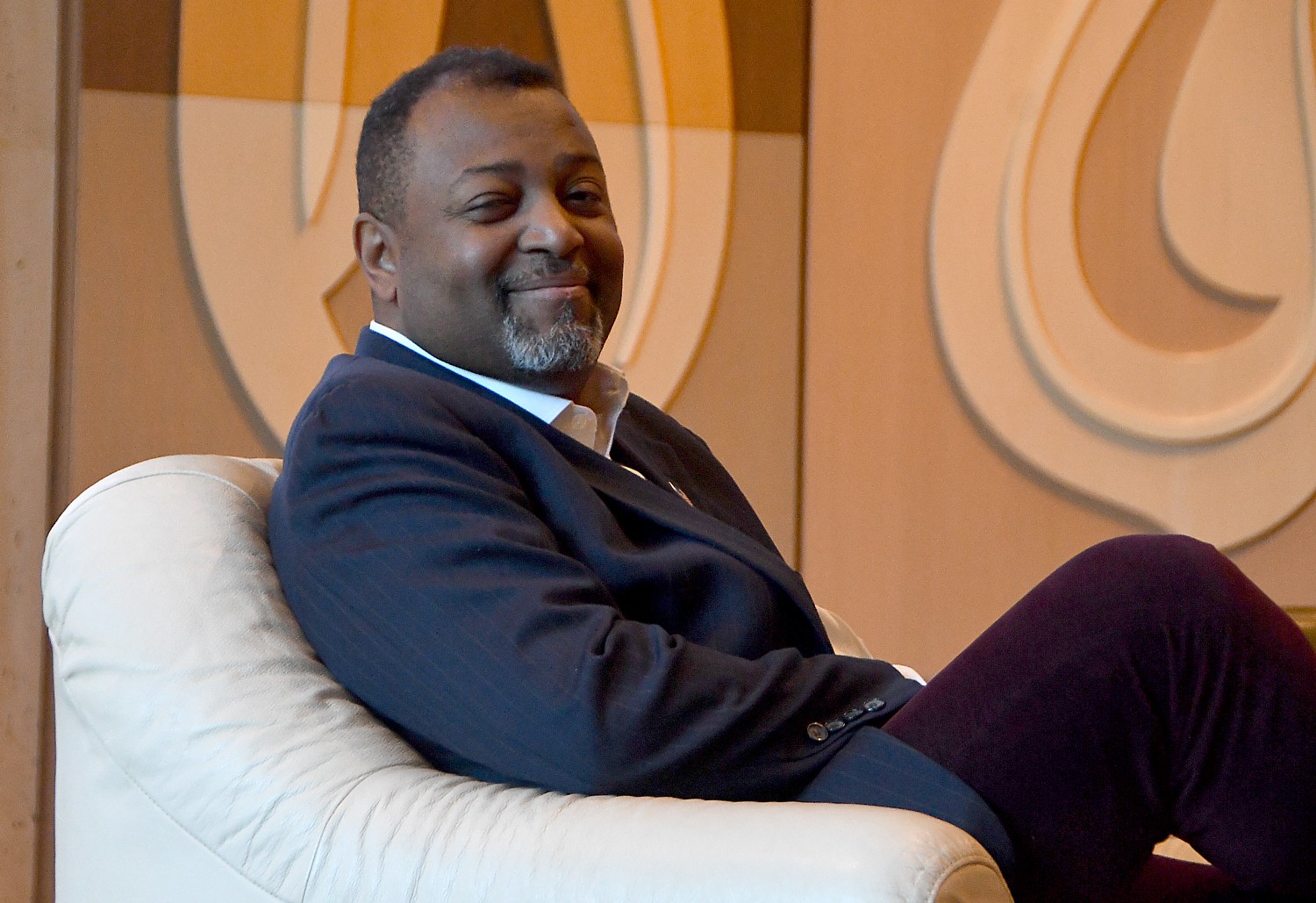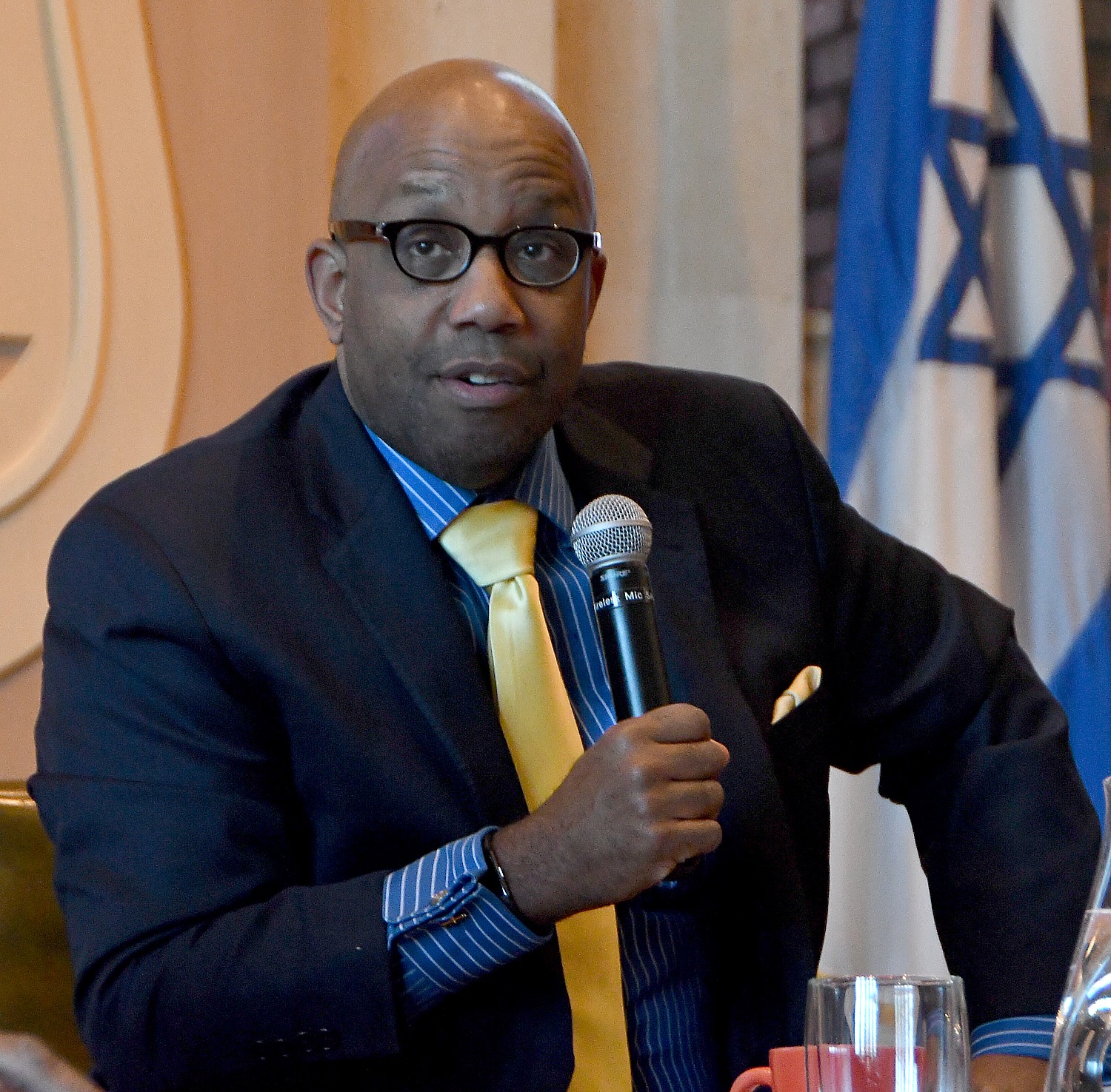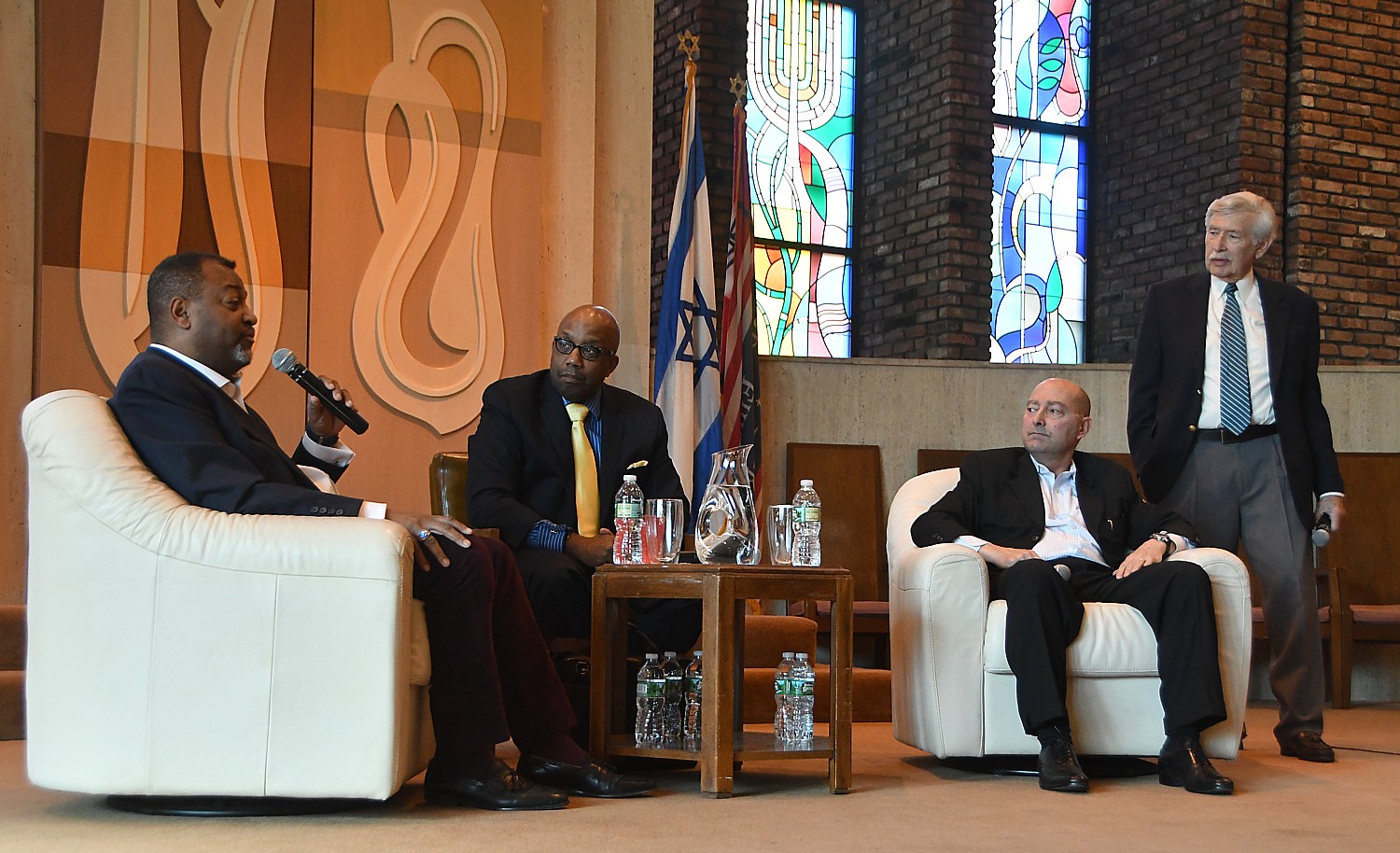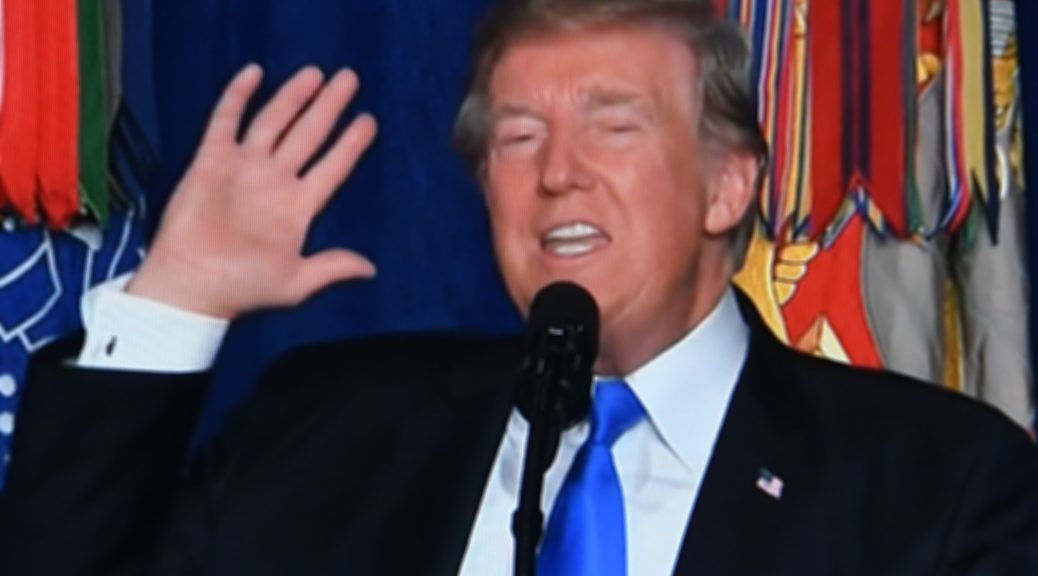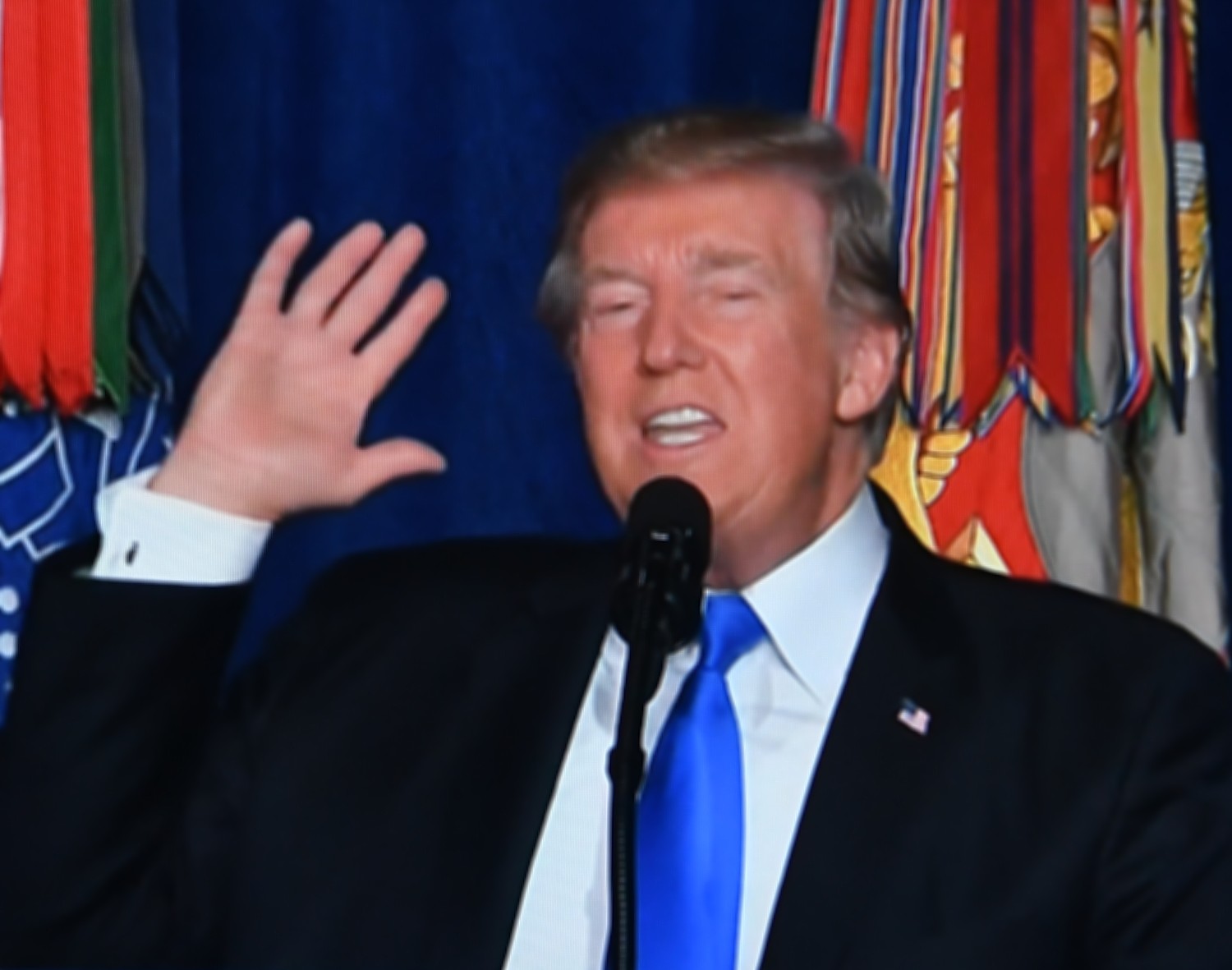
While “strongly supporting” enactment of a National Defense Authorization Act, the Biden Administration took exception to several aspects including funding platforms that cannot be properly modernized, wanting to merge Trump’s Space Force into the Air National Guard instead of an expensive stand-alone, and wanting funding to close Guantanamo. It also addresses Afghanistan and Israel, among others, and is generally a statement of Biden’s defense policy.
“The Administration looks forward to continuing to work with Congress to set an appropriate and responsible level of defense spending to support the security of the Nation. At the same time, the Administration looks forward to working with Congress to provide appropriate resources for non-security investments and security investments outside the Department of Defense (DOD).”
Senator Bernie Sanders said he would vote against the $778 billion reauthorization bill as hypocrisy, when too many in Congress say the nation can’t afford universal health care and pre-K, while allocating $37 billion more than Trump’s last budget, even though the war in Afghanistan is over (where is the “peace dividend”?)
“This is a bill that has us spending more money on the military than the next 12 nations combined and more money in real inflation-adjusted dollars than we did during the height of the Cold War or during the wars in Vietnam and Korea,” Sanders declared.
“This is a bill giving an obscene amount of money to an agency – the Department of Defense – with hundreds of billions of dollars of cost overruns and which remains the only federal agency that hasn’t been able to pass an independent audit in decades.
“On top of that, it is likely that Senate leadership will attach a so-called ‘competitiveness bill’ that includes $52 billion in corporate welfare, no strings attached money for a handful of extremely profitable microchip companies” for a combined $1 trillion bill, Sanders stated.
Biden would more or less agree on much of Sanders’ issues:
Here is the Statement of Administration Policy – Karen Rubin/news-photos-features.com
STATEMENT OF ADMINISTRATION POLICY
S. 2792 – National Defense Authorization Act for Fiscal Year 2022
(Sen. Reed, D-RI, and Sen. Inhofe, R-OK)
The Administration strongly supports enactment of a National Defense Authorization Act (NDAA) for a 61st consecutive year and is grateful for the strong, bipartisan work this year by the Senate Armed Services Committee on behalf of America’s national defense.
The Administration looks forward to continuing to work with Congress to set an appropriate and responsible level of defense spending to support the security of the Nation. At the same time, the Administration looks forward to working with Congress to provide appropriate resources for non-security investments and security investments outside the Department of Defense (DOD). A strong economy is critical to ensuring that our Nation is positioned for strategic competition, and investments in diplomacy, development, and economic statecraft enhance the effectiveness of national defense spending and promote national security.
The Administration opposes the direction to add funding for platforms and systems that cannot be affordably modernized given the need to eliminate wasteful spending and prioritize survivable, and resilient forces that credibly deter advanced threats. Our national security interests require forces that can fight across the spectrum of conflict.
The Administration looks forward to working with Congress to address its concerns, a number of which are outlined below. The Administration also looks forward to reviewing the classified annex to the committee report and working with Congress to address any concerns about classified programs.
Optimizing Program Investments and Modernization. The Administration strongly opposes restoration of funding to systems that limit DOD’s ability to divest or retire lower priority platforms not relevant to tomorrow’s battlefield. The President’s Budget divests or retires vulnerable and costly platforms that no longer meet mission or security needs, and reinvests those savings in transformational, innovative assets that match the dynamic threat landscape and advance the capabilities of the force of the future. The Administration strongly opposes language that would limit decommissioning or inactivation of battle force ships before the end of their expected service life (section 135) and retiring A-10 aircraft (section 143). The Administration also strongly opposes language that would establish minimum inventory requirements of systems such as tactical airlift and fighter aircraft (sections 141 and 142) and would authorize unrequested funding for Expeditionary Fast Transport ships. Such provisions would limit the Department’s flexibility to prioritize resource investment, delay modernization of capabilities, and impede implementation of the emergent National Defense Strategy.
Afghanistan Security Forces Fund. Section 1213 provides authorities no longer needed following the collapse of the Afghan National Defense and Security Forces (ANDSF). Therefore, the Administration strongly urges the Senate to adopt the language in the House bill to enable the responsible termination of the Afghanistan Security Forces Fund (ASFF) by authorizing the use of ASFF for costs associated with the termination of support to the ANDSF. The termination will involve, at a minimum, closing out several hundred contracts and, in many cases, negotiating financial settlements with the contractors, developing a full accounting for all ASFF-funded equipment and supplies that are outside Afghanistan, and assessing amounts and the use of appropriations for potential contract settlement costs and the cost of transporting and storing ASFF-funded materiel for purposes of treating it as DOD stocks. More analysis is necessary to develop prudent estimates of these costs and of timelines for completing these actions.
Recommendations of the Independent Review Commission on Sexual Assault in the Military (IRC). The Administration commends the determined and bipartisan effort reflected by the bill to advance the shared goal of Congress and the Administration to make real and sustainable progress on the prevention of and response to sexual assault and other related crimes, and improve support for survivors.
The Administration supports effective implementation of the IRC’s recommendations focused on accountability, improving prevention, climate and culture, and victim care and support and has developed and instituted a phased implementation plan to build the foundation and infrastructure necessary to do so sustainably. The Administration looks forward to working with the Congress to clarify Sec. 530B, to allow for alignment with the Department of Defense’s ongoing implementation strategy. Additionally, some of the IRC’s recommendations – such as 4.2 b, which relates to services provided by the Department of Veterans Affairs – are beyond the authority of the Secretary of Defense to implement unilaterally.
The Administration is committed to executing military justice reform, and welcomes efforts by Congress to enact legislation that supports core aspects of the IRC’s recommendations for accountability, namely: that the decision to prosecute special victim crimes (including, but not limited to: sexual assault, sexual harassment, and domestic violence) be made by Special Victim Prosecutors (SVPs) within a fully professionalized judge advocate organization; that SVPs have the requisite litigation experience and specialized training to be able to work with victims of these complex, interpersonal crimes; and that each Military Department establish an Office of the Special Victim Prosecutor (OSVP) that can operate with independence from the command reporting structure and under the direction of the Secretary of the Military Department, without intervening authority. The Administration believes that each Secretary of a Military Department should have discretion to determine the director of the OSVP, who may be a Senior Executive Service civilian, best suited to carry out the mission of the Office as determined by that Secretary.
To ensure effective reform, the Administration recommends the date prescribed by section 552, so that adequate time is provided to issue necessary implementing regulations, identify and hire appropriately qualified personnel, train both new and existing personnel, and then place them in newly created positions.
Additionally, effective reform will require an increase in the resources committed to the system. Accordingly, the Administration objects to section 564, which would require implementation of the military justice reforms using otherwise-authorized personnel and resources. The Administration will work with Congress to determine the appropriate resource level needed to ensure effective implementation of the revised military justice system.
In addition to these recommendations from the IRC, the Administration urges Congress to enable military protective orders (MPOs) to be given full faith and credit, and enact legislation that would provide DOD and the Services sufficient time to assess and implement this change.
Limitation on Modifications to Sexual Assault Reporting Procedures. The Administration strongly objects to section 566, which would prohibit the Secretary of Defense from amending section 4 of enclosure 4 of DOD Instruction 6495.02, relating to Sexual Assault Prevention and Response Program Procedures, “or otherwise prescribe any regulations or guidance relating to the treatment and handling of unrestricted and restricted reports of sexual assault, until 30 days after notifying the congressional defense committees of the proposed amendment or modification.” This provision could delay potential needed updates to DOD’s sexual assault regulations. The administration is committed to working with Congress in a transparent way on these important matters, but must maintain flexibility to amend internal policies when needed.
Air and Space National Guard. The Administration does not oppose section 902, which would rename the Air National Guard as the Air and Space National Guard. This provision would avoid the significant administrative expenses associated with establishing a stand-alone Space National Guard, so DOD can prioritize the development of new space capabilities. The Administration looks forward to working with the Congress on alternative Space Force concepts that are efficient, effective, and appropriate for space missions.
DOD Contractor Professional Training Material Disclosure Requirements. The Administration strongly opposes section 818, which would require all DOD contractors to post online or, if they lack an online presence, submit in paper to the Office of the Under Secretary of Defense for Acquisition and Sustainment all diversity, equal opportunity, equity, inclusion, or tolerance training materials or internal policies related to these subjects. This provision would require the disclosure of intellectual property and proprietary information. Furthermore, the provision would be a barrier to entry, especially for small businesses or companies contracting with the Department for the first time. This provision, therefore, would limit the number of entities willing or able to do business with the Department at a time when access to talent, technology, and innovation is a critical determinant of the U.S.’s ability to compete.
Limitations on Use of Funds in the National Defense Sealift (NDS) Fund. The Administration strongly objects to the removal of funding for used sealift vessels. The Administration also urges support for the necessary relief to recapitalize the sealift fleet with used vessels by removing existing statutory limitations. The Administration strongly encourages Congress to remove the statutory cap on the number of used sealift vessels DOD can procure and to remove the statutory link between the use of NDS funding for the purchase of used vessels and the requirement to procure new construction vessels. This will allow the Administration to recapitalize the sealift fleet, with all used ship conversions taking place in U.S. shipyards, for a fraction of the cost of procuring new vessels.
Basic Needs Allowance for Low-Income Regular Members. The Administration supports a basic needs allowance. The Administration needs a more comprehensive data analysis to determine the inclusion or exclusion of basic allowance for housing when considering the calculation of a basic needs allowance. Using this analysis, the Administration would like to work with Congress to develop an appropriate calculation for targeting recipients of a basic needs allowance.
Prohibition on Missile Defense Agency Production of Satellites and Ground Systems Associated with Operation of Such Satellites. The Administration strongly objects to section 1510, which would prohibit the Missile Defense Agency (MDA) from authorizing or obligating funding for a program of record for the production of satellites, with an associated limitation of funds. Hypersonic and Ballistic Tracking Space Sensor (HBTSS) On-Orbit Prototype Demonstration phase began in January 2021 with contracts awarded to two industry teams. This program supports unique missile defense requirements to provide fire-control quality tracking data on hypersonic and ballistic missile threats for engagement by missile defense weapons, and is a critical element of the Missile Defense System kill-chain. Enacting section 1510 would delay delivery of this capability to the warfighter. Also, consistent with congressional direction, the Secretary of Defense has certified the Director of MDA as the responsible agent for developing the HBTSS capability.
Modification of United States-Israel Operations-Technology Cooperation within the United States-Israel Defense Acquisition Advisory Group. While the Administration strongly supports strengthening the U.S.-Israel relationship, the Administration strongly opposes section 1271, which would make the United States-Israel Operations-Technology Working Group (OTWG) mandatory. DOD has developed draft Terms of Reference for such a group and is finalizing negotiations with Israel. However, enactment of section 1271 would eliminate the flexibility the Administration needs to ensure that the terms, membership, and focus of the OTWG are in the U.S. interest.
Enhancement of Recusal for Conflicts of Personal Interest Requirements for Department of Defense Officers and Employees. The Administration is committed to preventing conflicts of interest, but is concerned that section 1103 lacks any mechanism for the Secretary of Defense to grant a waiver or authorization to authorize participation when it is in the best interests of the Government. Section 1103 needs to be aligned with existing ethics rules because it introduces new terms, broader standards, and requires the Department to further screen all DOD personnel from participating in “covered matters” involving clients and competitors of an employee’s former employer for four years. Section 1103 would significantly extend the time and resources needed to make decisions and limit DOD’s ability to hire qualified personnel.
Missile Defense Radar in Hawaii. The Administration opposes added funding for the Homeland Defense Radar – Hawaii (HDR-H). The Department had planned to field HDR-H, the Pacific Radar, the Redesigned Kill Vehicle (RKV), and the Long Range Discrimination Radar by the mid-2020s as a system of systems to improve homeland ballistic missile defense. The Pacific Radar has been delayed indefinitely due to stalled negotiations with the host nation, and the RKV program has been cancelled. Hawaii is currently defended against missile threats to the same extent as the rest of the United States, and DOD is currently investing in other capabilities, such as the Next Generation Interceptor, which will support the long-term defense of Hawaii.
Reprioritization of Military Construction Funding to Unrequested Projects. The Administration opposes section 4601, which would realign military construction funding authorization from priority projects to other projects not included in the President’s Budget. Contrary to the Administration’s fiscally responsible policy to fully fund projects, the bill proposes to fund 14 military construction projects incrementally, effectively creating an unfunded obligation of almost $1 billion to complete these projects.
Alignment of Close Combat Lethality Task Force. The Administration strongly opposes section 905, which would prevent implementation of the Secretary of Defense’s decision to realign the Close Combat Lethality Task Force (CCLTF) to the Secretary of the Army, effective October 1, 2021. Section 905 would prevent the alignment of the CCLTF with the organization best positioned to identify, test, develop, demonstrate, and integrate new close combat capabilities, capacity that is already built into the Army’s Maneuver Center of Excellence. Importantly, the CCLTF will remain a joint organization, with a Tri-Service board governing the work of the CCLTF.
Prohibition on Support for Offensive Military Operations Against the Houthis in Yemen. The Administration opposes section 1272 because it is unnecessary; the Administration already has ceased support for Saudi-led coalition offensive operations in Yemen. In addition, because DOD does not have the lead for humanitarian aid delivery, the Secretary of Defense is not the appropriate official to provide the requested report.
Prohibition on Reduction of the Intercontinental Ballistic Missiles of the United States. The Administration objects to section 1543, which would restrict the President and the Department of Defense from reducing the number of deployed intercontinental ballistic missiles below 400. The Administration objects to this restriction while the force structure is under review as part of the ongoing Nuclear Posture Review (NPR). This language would constrain the President’s ability to propose the nuclear force he determines is necessary.
Significant New Foreign Policy Provisions. The Administration is concerned that the bill includes certain sections—specifically 1011, 1201, 1205, 1207, 1208, 1209, 1211, 1242, and 1275—that would require DOD engagement in, analysis of, or reporting on significant foreign policy issues without including sufficient means for the Secretary of State to provide input and ensure that foreign assistance is carried out in a manner consistent with foreign policy priorities.
Coordination Between United States Cyber Command and Private Sector. The Administration opposes section 1604, as this provision’s relationship to section 1642(b) of the FY 2019 NDAA is unclear. The Secretary of Defense’s authority to “make arrangements with private sector entities, on a voluntary basis” under section 1642(b) is scoped to the four top nation-state threats. In contrast, section 1604 is not similarly scoped, is not tied to existing authorities, is arguably duplicative, lacks appropriate coordination with the Departments of Justice and Homeland Security, and may prohibit internal U.S Government information sharing.
Pilot Program on Public-Private Partnerships with Internet Ecosystem Companies to Detect and Disrupt Adversary Cyber Operations. The Administration opposes section 1605, which would require the Secretary of Defense to initiate a pilot program to use public-private partnerships to facilitate detection and disruption of malicious cyber activity on private sector infrastructure. Many of the authorized activities would be achieved more effectively through existing federal activities, such as the Cybersecurity and Infrastructure Security Agency’s Joint Cyber Defense Collaborative and several Federal Bureau of Investigation and other law enforcement programs. Establishing a separate pilot program led by DOD would further complicate federal efforts to collaborate with the private sector, including “internet ecosystem companies,” in a unified, coordinated manner.
Safe Drinking Water Act Amendment on Cybersecurity. The Administration urges support for the requested amendment to the Safe Drinking Water Act to enhance cybersecurity and resilience requirements for drinking water systems. Recent incidents show that cyber-attacks and malicious cyber activity against drinking water systems can disrupt and endanger our critical water infrastructure’s ability to provide safe and reliable drinking water, and put the health and lives of our citizens at risk.
Guantanamo Bay Detention Facility. The Administration strongly objects to sections 1031, 1032, and 1033, which would extend the prohibitions on the use of funds to: transfer Guantanamo Bay Detention Facility (GTMO) detainees to the United States (1031); construct or modify facilities in the United States to house transferred GTMO detainees (1032); and transfer GTMO detainees to certain countries (1033). These provisions would interfere with the President’s ability to determine the appropriate disposition of GTMO detainees and to make important foreign policy and national security determinations regarding whether and under what circumstances to transfer detainees to the custody or effective control of foreign countries.
Constitutional Concerns. Certain provisions of the bill, such as section 1232, raise constitutional concerns. The Administration looks forward to working with Congress to address this and other constitutional concerns.




